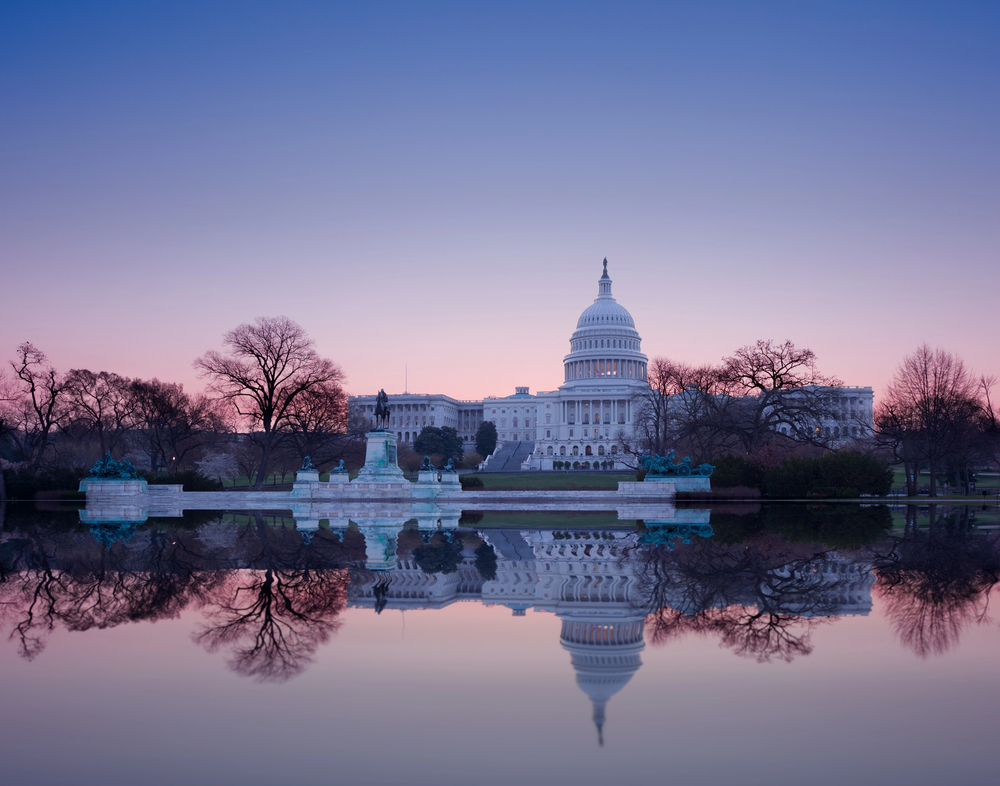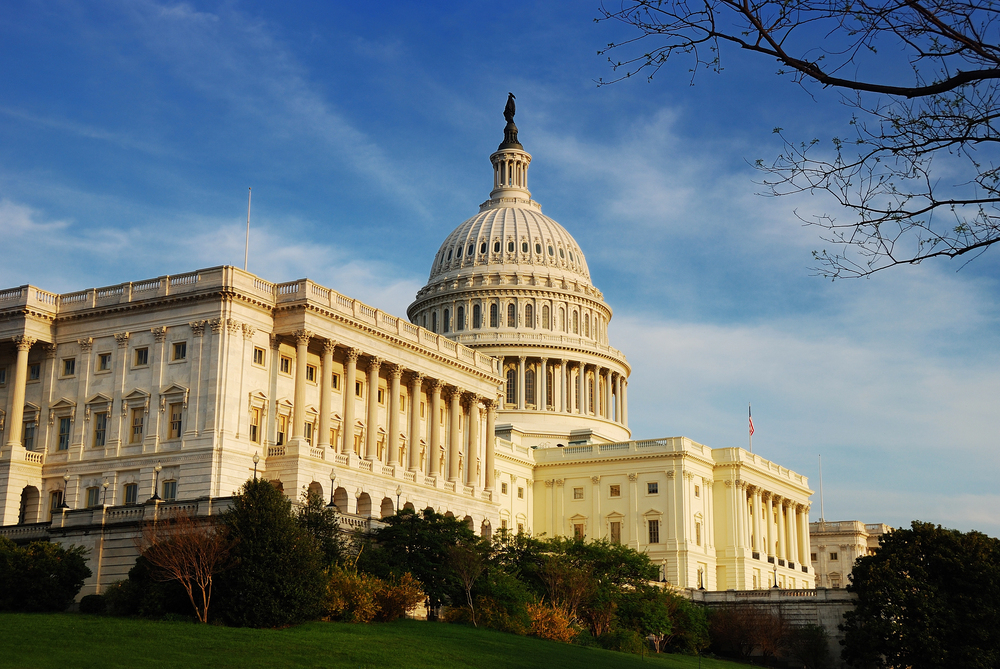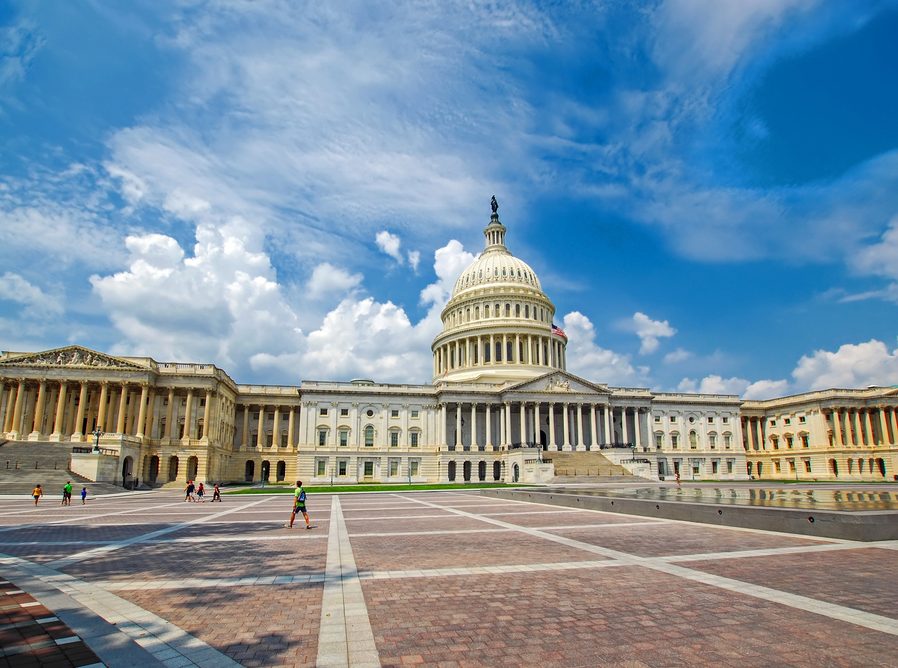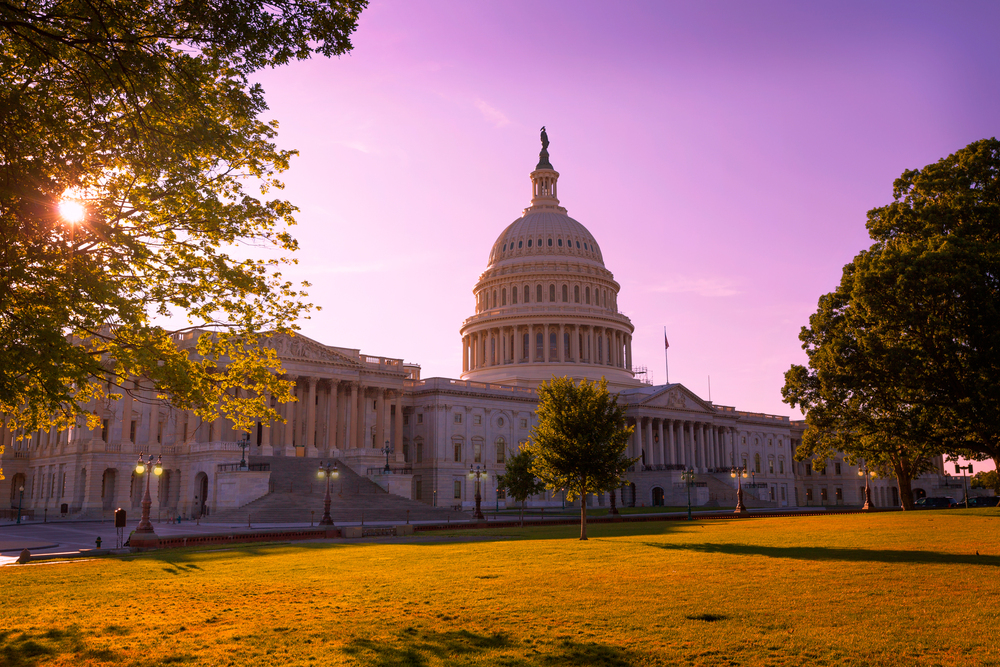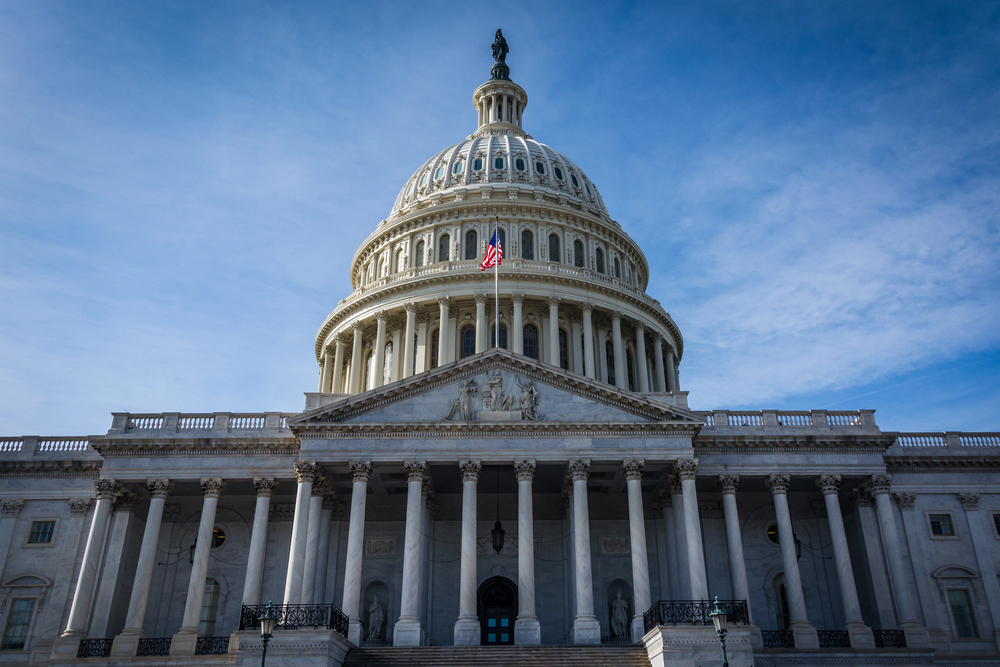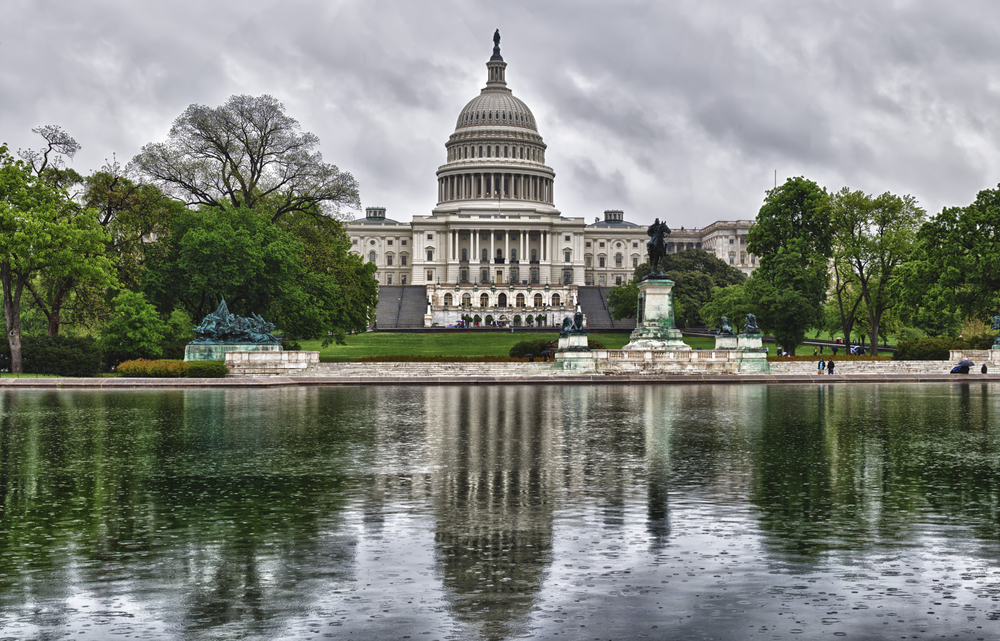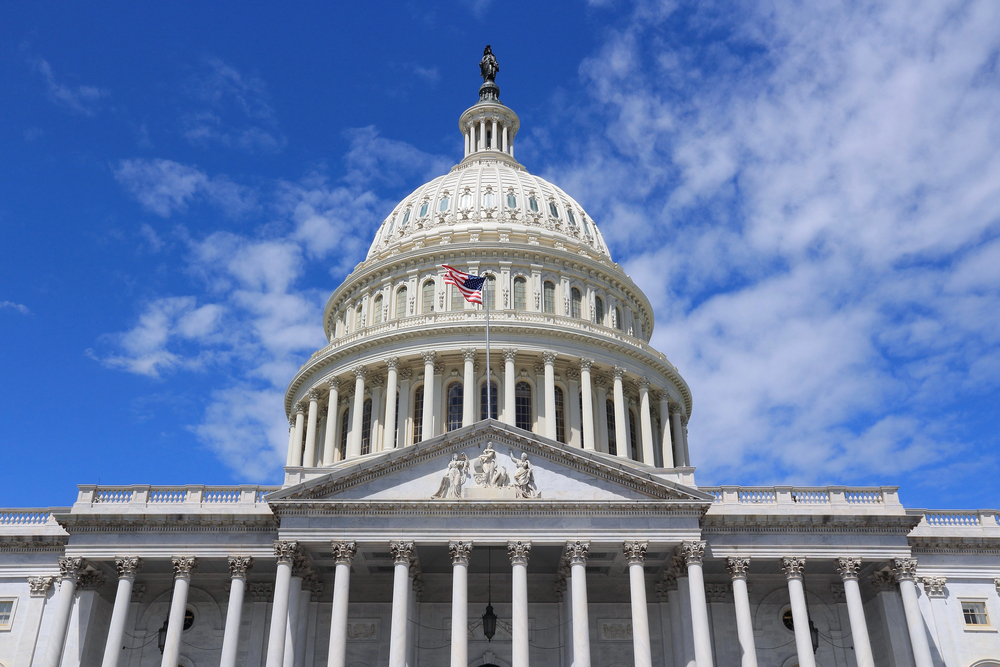Overtime Rule: Questions, Answers and Concerns—Oh My!

By: Jennifer Webb
Last week, the Department of Labor (DOL) finalized a rule that will have a significant impact on many Big “I” agencies and their business clients.
The DOL rule updates a regulation that exempts certain employees from overtime and minimum wage requirements—commonly referred to as the “white-collar” exemptions. The new rule will require employers to pay overtime to many employees who were not previously entitled to it. In order to comply with the new rule, which is set to take effect on Dec. 1, 2016, employers should review and adjust employee salaries and overtime eligibility status.
In response to numerous questions about the rule, the Big “I” has prepared a Q&A document that summarizes the rule changes and provides information specific to insurance agencies regarding how the changes interact with current federal law under the Fair Labor Standards Act. The DOL has also issued various guidance documents related to the rule.
In short, under the rule:
- For any employee who is classified as exempt—does not require overtime pay—under the administrative, executive, professional or computer “white-collar” exemptions and who makes less than $47,476, employers must either re-classify them as non-exempt—requires overtime pay—or raise their salary over the threshold. The $47,476 threshold is a 100% increase from the current $23,660.
- Nondiscretionary bonuses and incentive payments, including commissions, can satisfy up to 10% of the $47,476 salary threshold.
- Any employee who is properly classified under the “highly compensated employee” exemption must earn at least $134,004 in total compensation. The $134,004 threshold is a 34% increase from the current $100,000.
- Starting in 2020, both the $47,476 and $134,004 thresholds will be automatically updated every three years. The thresholds are expected to reach $51,168 and $147,524, respectively.
In addition to providing assistance to Big “I” members on the substance of the new rule, the association continues to advocate before the Obama Administration regarding the negative impacts of the rule as implementation moves forward. The DOL has made a number of adjustments since its first proposal, though the Big “I” remains concerned about the impact the rule’s provisions will have on member agencies.
When the DOL first proposed the update to this rule in the federal register in July 2015, the Big “I” submitted written comments to the DOL and met with the Administration to convey its concerns. Big “I” and member advocacy helped lower the salary threshold from $50,440 to $47,476; extend the time between salary threshold updates from one year to three years; extend the time for employers to comply with the threshold updates from 60 days to 150 days; change the measure the DOL uses to set the salary threshold to a statistic that better reflects lower cost-of-living regions; and, for the first time, permit the inclusion of commissions to satisfy up to 10% of the salary threshold test. Big “I” advocacy also helped stop potentially burdensome changes to the “duties test.”
At the legislative level, the Big “I” and its member agents have had numerous meetings with members of Congress and provided congressional testimony in relation to this rule. The Big “I” is also actively participating with the Partnership to Protect Workplace Opportunity, a coalition comprised of a diverse group of businesses and trade associations on congressional advocacy efforts.
Advocacy efforts will continue, including the association’s support of S. 2707 and H.R. 4773, the “Protecting Workplace Advancement and Opportunity Act,” by Sens. Tim Scott (R-South Carolina) and Lamar Alexander (R-Tennessee), and Reps. Tim Walberg (R-Michigan) and John Kline (R-Minnesota). The legislation would halt the current rule and forbid the DOL from re-proposing it unless it meets certain conditions, including protections for small businesses. Congress is also considering options to halt the rule under the Congressional Review Act, which allows the U.S. Senate and House of Representatives to vote on a joint resolution of disapproval to stop a federal regulation.
The Big “I” will continue to actively support legislative efforts ahead of the Dec. 1 effective date. However, any successful legislation is likely to face a Presidential veto.
Jennifer Webb is Big “I” federal government affairs counsel.

